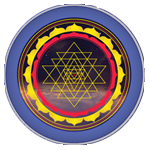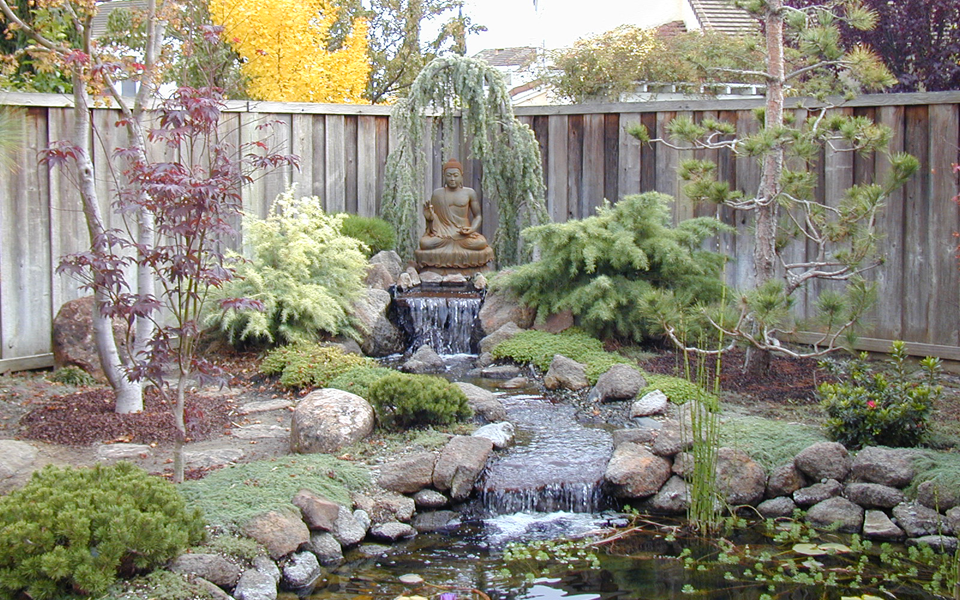


Golden Dragon Feng Shui

Feng Shui and Your Health, by Stephen Quong
We spend about one third of our life in our bedroom, and about one third of our life in our office or place of work. For many people, two-thirds of our lives are spent in these two places. How is the quality of environmental energies in these two places? Have you even thought much about how the quality of energy in these two places could affect your health?
Feng Shui provides us with a systematic method to assess and to improve the quality of energy in our personal environment. Higher quality energies in our personal environment should result in better sleep, faster recovery from illnesses, higher vitality and more creativity.
Feng means "wind" in Chinese. Shui means "water". The interplay of Wind and Water represents the constantly changing interaction of male and female energies, called Yin and Yang in Taoist philosophy. Wind represents the movement of Qi, or cosmic male energy. Water represents the movement of earthly, material forces, or female energies. The interplay of Yin and Yang in Nature has a strong influence upon the Yin/Yang balance of the human body and its various subtle energy fields. When the Yin/Yang balance in our personal environment is normalized and optimized through Feng Shui, then the human body will respond positively to the regenerative and healing forces of Nature. Physical improvements to our health can be realized, and the return to wholeness and wellness can become a natural and spontaneous process.
We cannot neglect the importance of environmental influences upon our health. Having good Feng Shui is as important for optimum health as proper diet, exercise, sleep, stress control, and the daily reaffirmation of our connection with our spiritual source.
Feng Shui is a deep and profound study. It goes far beyond simplistic efforts to change our karma by rearranging furniture, hanging wind chimes, and placing mirrors on various walls. In addition to understanding the essence of the Taoist Yin/Yang philosophy, we also need to understand the various interactions of the Five Universal Elements (symbolized as Fire, Earth, Metal, Water and Wood) in their productive cycle, destructive cycle, and complementary interactions.
The philosophy of the Bagua and the 64 Hexagrams of the I Ching text also has an intimate relationship to Feng Shui, along with astrological influences and the understanding of the human body through Traditional Chinese Medicine. A background in architecture and design, local building codes and construction is essential for giving practical advice. And the ability to perceive and control nonphysical beings and forces like ghosts, wandering spirits, and other entities is equally important.
In addition to the above-ground environment, serious consideration must be given to underground geopathic stress arising from the electromagnetic grid of the Earth, earthquake fault lines, water lines, geomagnetic anomalies, burial sites, and ancient records of human habitation. All of the above factors will influence our health, if we define health wholistically as being inclusive of physical, emotional, social, and spiritual well-being.
Clearing the clutter, nice interior design, water features, garden landscaping, and harmonious color combinations are all important aspects of Feng Shui. But for the maximum benefit, we need to look beneath the surface, and remember that Feng Shui is fundamentally about learning how to live in harmony with Nature by balancing the energies of Yin and Yang. The outer form should reflect the harmony of the inner reality. The material world should be a reflection of the hidden spiritual beauty. The individual life and environment should and can be a wondrous and unique expression of the Universal Truth/Dharma/Tao.
Feng Shui is a universal teaching. Its concepts can be applied in every circumstance, and in every kind of environment, regardless of one's culture or religious beliefs. We all have a special and unique relationship with Nature. Through the study and practice of Feng Shui, we and deepen that relationship in a conscious and uplifting way.
Stephen Quong is a certified Qi-Mag Feng Shui consultant and Senior Instructor, with many diplomas from courses offered by the Qi-Mag International Feng Shui and Geobiology Institute, the world's largest Feng Shui school. He also holds the title of Master of Tao Geomancy, specializing in earth acupuncture, land cleansing, space clearing, and exorcism.



